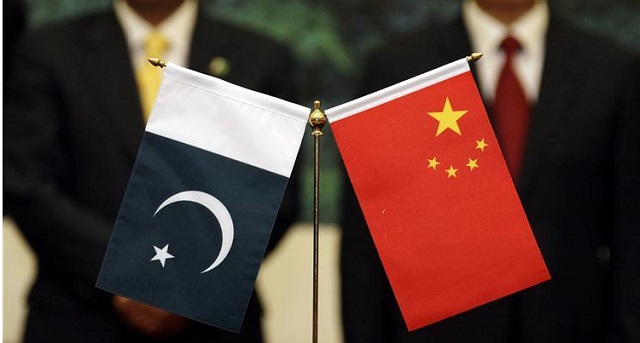LAHORE: A landmark five-year agreement has been signed between China and Pakistan aimed at facilitating the transfer of cutting-edge technology and the training of skilled professionals in line with evolving global trends. The agreement, formalised between the Guangdong Shoe-Making Machinery Association a Chinese government-affiliated organisation and the Pakistan Industrial Sewing Machines Importers and Dealers Association (PISMIDA), seeks to bolster Pakistan’s capabilities in the fields of footwear manufacturing, leather processing, and garment machinery by introducing state of the art equipment and technology, according to PISMIDA Vice Chairman Muhammad Yaseen here Monday.
As part of the agreement, Pakistani workers will receive specialised training aligned with modern industrial requirements, enhancing local expertise in advanced machinery and production techniques. The initiative also includes a strong focus on innovation in leather-based product manufacturing and garments, positioning Pakistan to better compete in international markets. PISMIDA Vice Chairman Muhammad Yaseen represented Pakistan at the global exhibition “JISMA” held in China, where he was invited as a special guest by the event organisers. During the event, he engaged in high-level meetings with international association representatives and commercial attaches to discuss bilateral cooperation and explore strategic growth opportunities. Speaking about the agreement, Yaseen described it as a historic milestone that will offer immense benefits across several Pakistani industries. “Following Eid-ul-Azha, we will hold detailed sessions with stakeholders from relevant sectors to brief them on the agreement’s benefits and guide them on how to leverage these new opportunities,” he added.
He noted that the agreement emphasises strategic cooperation, long-term partnerships, exchange of expert delegations, and collaboration in technology, workforce development, and industrial management.
It also aims to identify shared growth prospects in both countries’ markets, promoting mutual industrial advancement.
If our industries adopt these modern technologies, we can significantly enhance production quality and efficiency, which will in turn boost our exports, Yaseen added. With government support, this initiative has the potential to spark a technological revolution in Pakistan’s manufacturing sector and transform vocational training nationwide. –Agencies






